Holly-Lace Ayton
“I’ve been in football environments before where you pick up on the energy or the attitude that you shouldn’t be playing unless you’re at a certain skill level, this was the opposite."
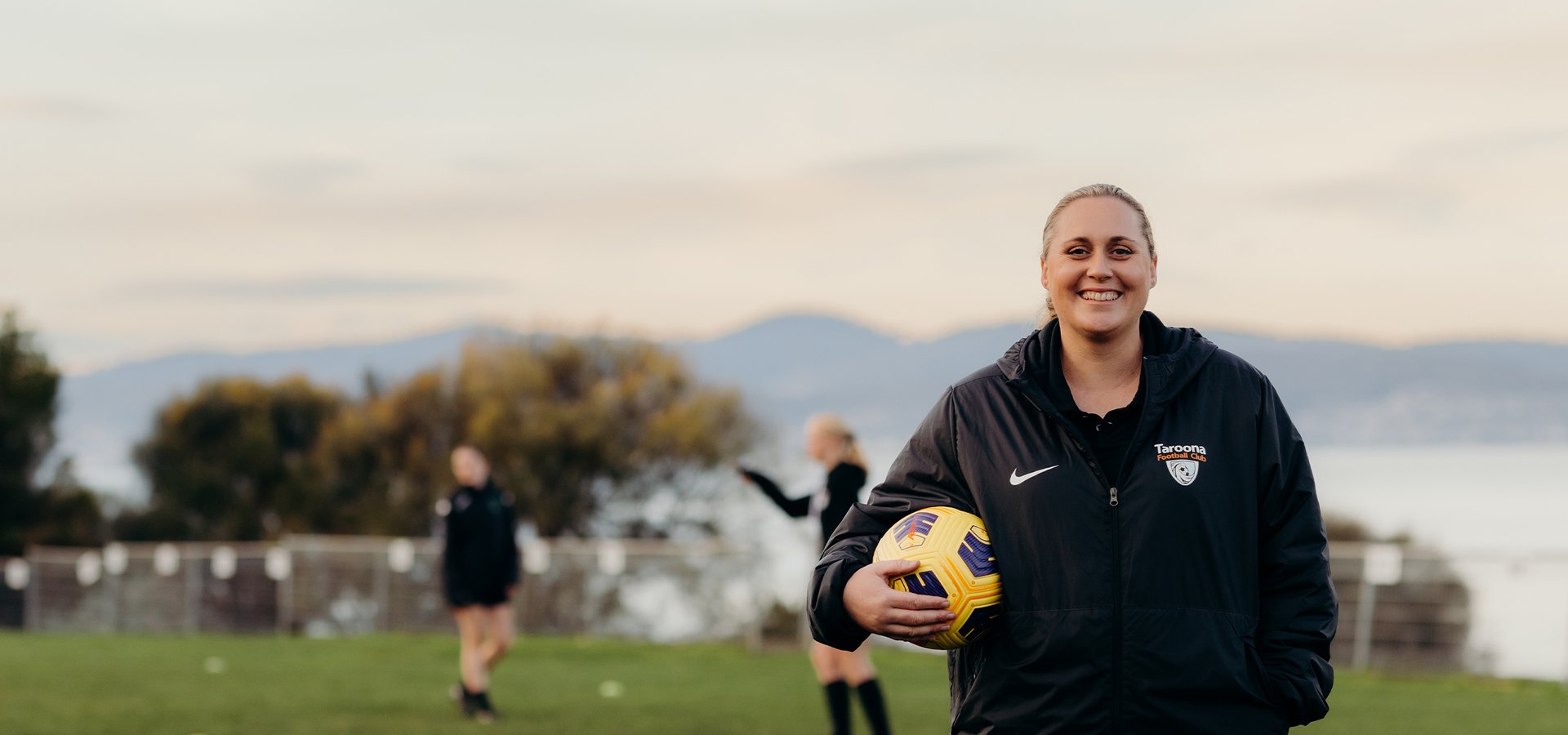
“I started playing when I was five years old. My dad was coaching my brother’s team and I ended up joining too. I’m not sure if they were short of players, or whether I was super keen and persuaded my dad to let me join in.”
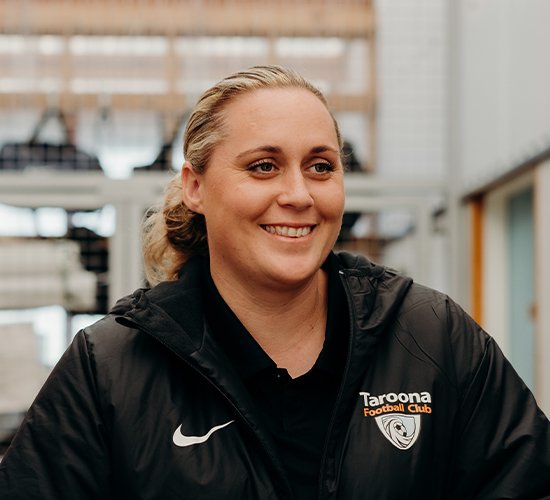
Holly-Lace Ayton has been involved in soccer for so long, the details of how she started have become a little hazy.
“I started playing when I was five years old,” she recalls. “My dad was coaching my brother’s team and I ended up joining too. I’m not sure if they were short of players, or whether I was super keen and persuaded my dad to let me join in.”
“Either way,” she laughs. “I started playing, and I was terrible at it.”
A few years later, it was a different story altogether. Holly-Lace had started playing with the Somerset Sharks women’s team in Northern Tasmania, and she had established and coached the first girls’ team at Yolla District School.
“I was in a high-performance mindset at that point,” she says. “I knew I wanted to either play football or be involved in it in some way. Those poor girls who were probably playing for the first time – I was running them through some serious soccer skills.”
Now, Holly-Lace is the technical director of Taroona Football Club and the kit manager for the Australian women's national soccer team, the Matildas. Her journey from those early days on her brother’s team to her current influential roles in Tasmanian and Australian soccer is a testament to Holly-Lace’s dedication and passion for the sport.
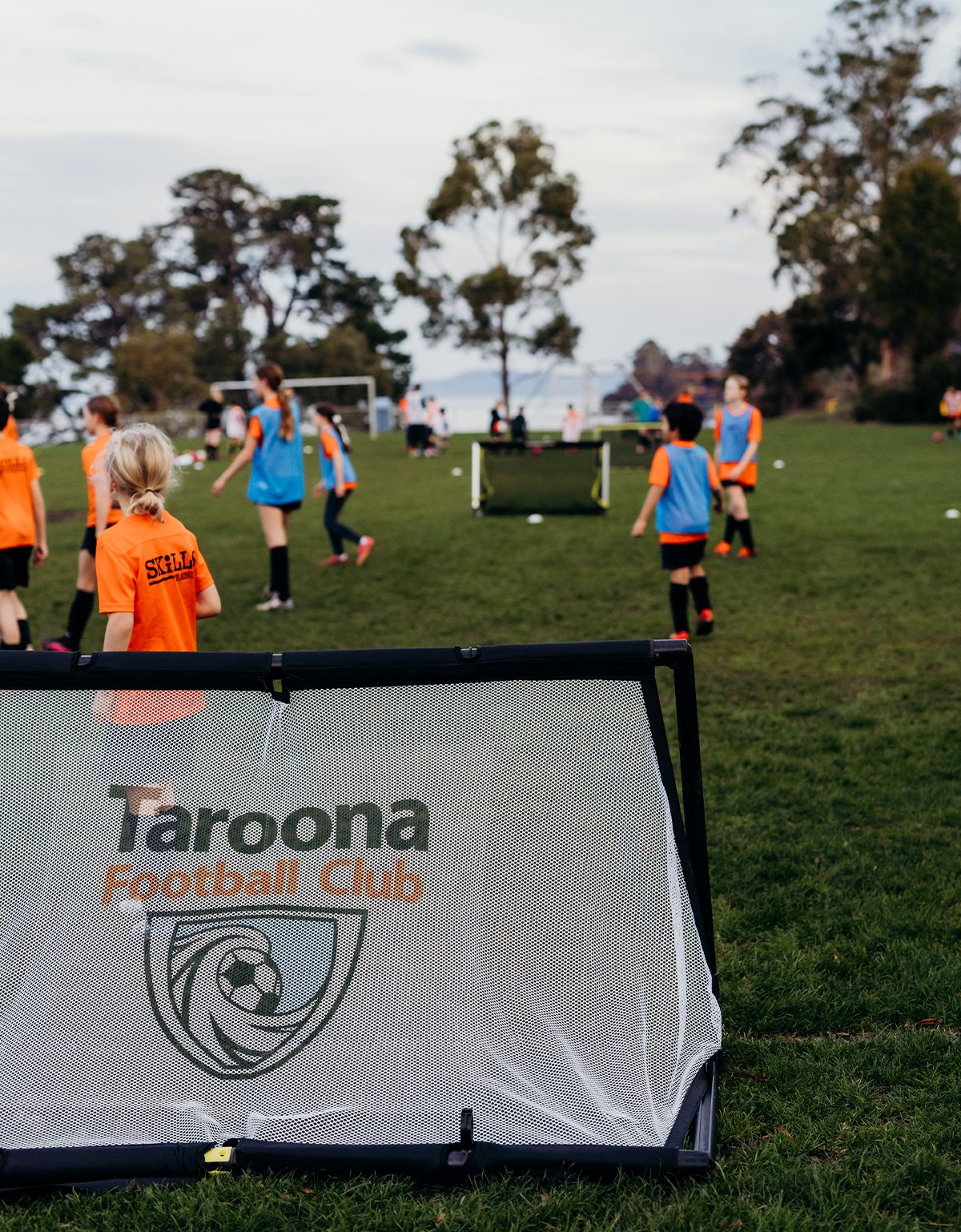
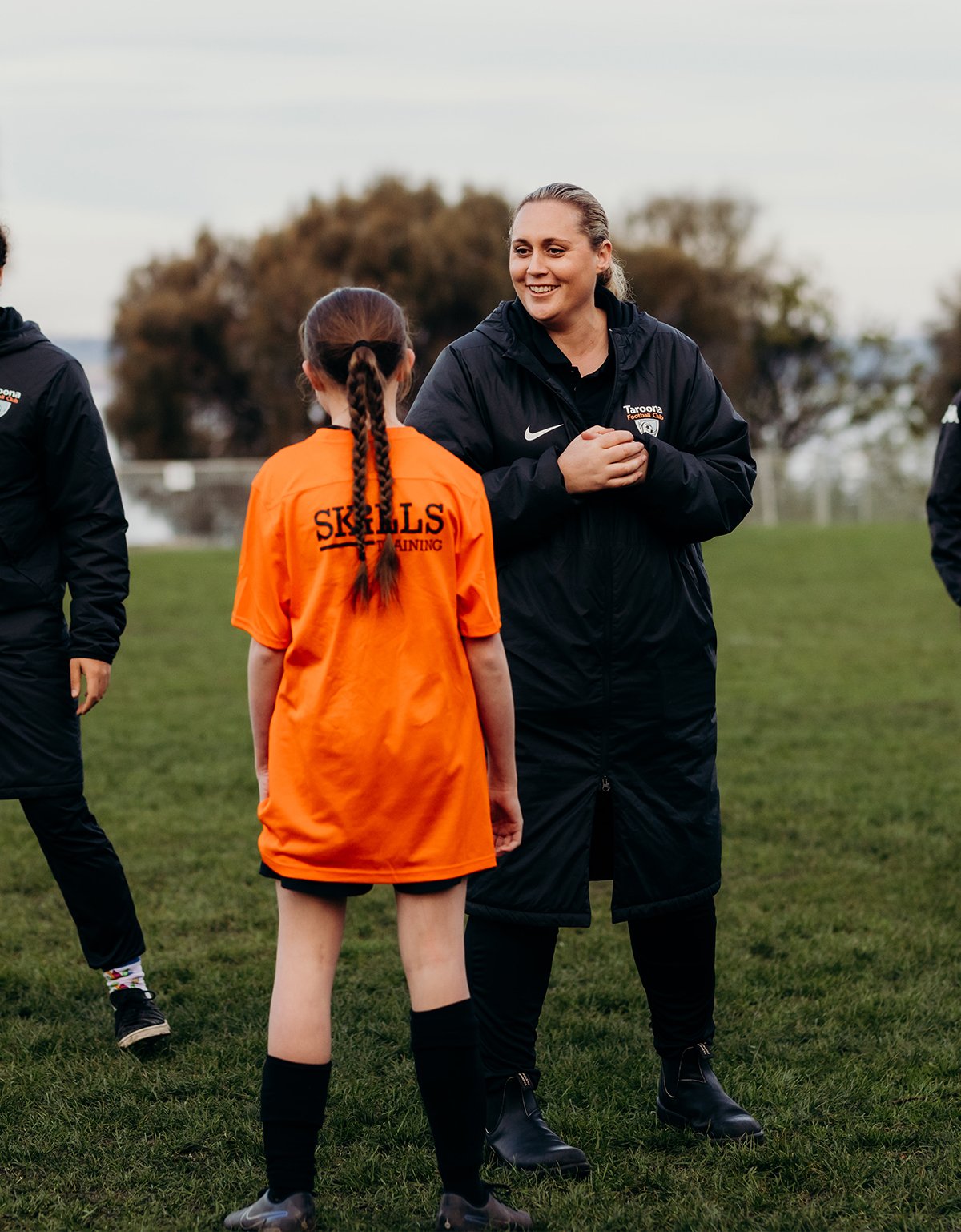
But as Holly-Lace’s career has progressed, she’s found herself shifting away from the intense, high-performance mindset she held previously. Instead, she now focuses on fostering an inclusive atmosphere, ensuring that soccer is accessible to individuals of all fitness levels and abilities.
“I worked on a program in New South Wales for a time, and I was still so focused on this idea that you have to be the best,” she says. “I would read and re-read a book called Every Day is Game Day, and I’d always think about training and nutrition.”
That approach changed when Holly-Lace met Michelle Forbes. Together, they developed a program called Kick-On for Women: a social, accessible NSW-based program that is designed to support women who have either stopped playing or have never played before.
“I’ve been in football environments before where you pick up on the energy or the attitude that you shouldn’t be playing unless you’re at a certain skill level,” she says.
“This was the opposite. It was inclusive of people of all body types, all skill levels, all personalities, and we were able to use soccer as a tool to help that community and help all those different people interact. That experience changed my whole mindset.”
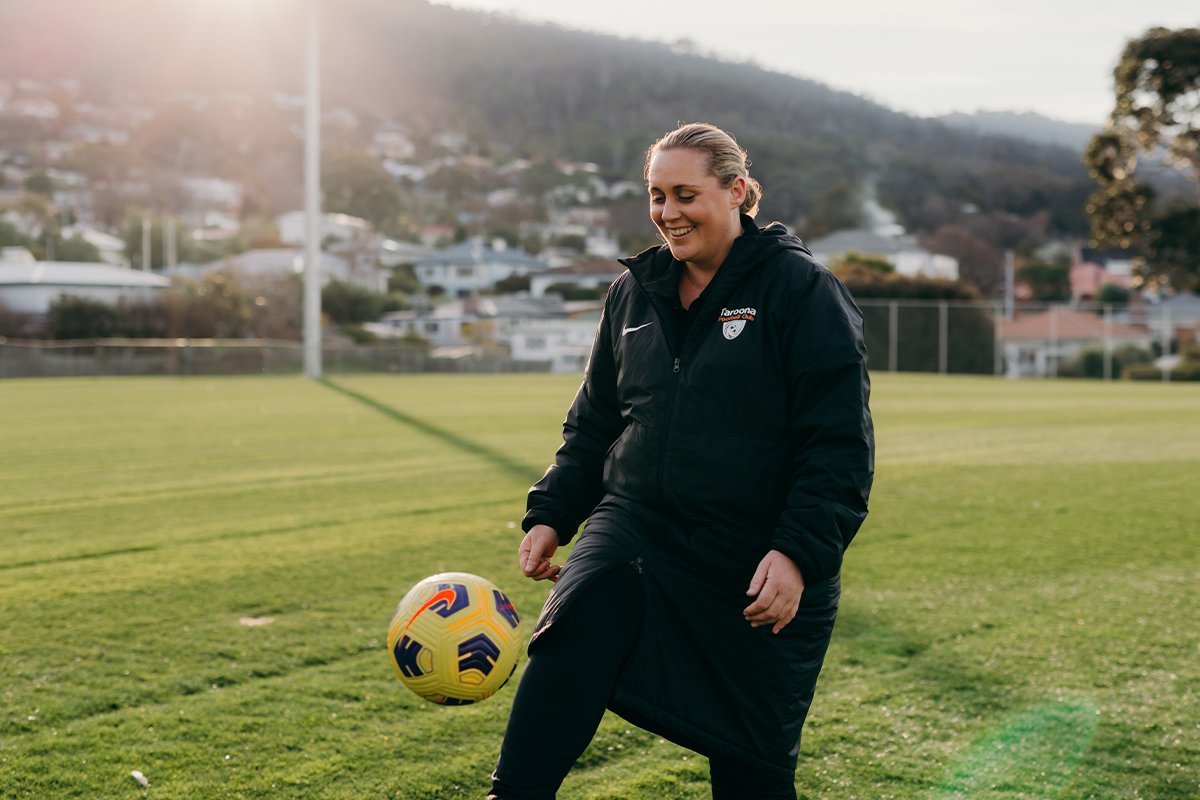
It doesn’t always work for women. It often doesn’t work for parents, or anyone else who is busy. We’re doing our little bit to try and change that.
Inspired by the ethos of Kick-On, Holly-Lace has introduced it, and similar types of programs, at Taroona Football Club. The Pirate Cup is a seven-week summer program that has junior, youth, women’s and mixed streams, and is described as ‘goals, glory and good old-fashioned camaraderie’.
“The Pirate Cup is once a week for an hour,” explains Holly-Lace. “Basically, it’s a really fun, small-sided kickaround. You rock up, do a few little warm-up exercises, and learn some skills – maybe just how to kick the ball. Then we play some games, five-a-side, depending on how many people show up. Score some goals, high-five each other, and head home again!”
“It’s really a way of looking at sport with a different lens. That traditional approach of training during the week, and then playing a 90-minute game doesn’t work for everyone. It doesn’t always work for women. It often doesn’t work for parents, or anyone else who is busy. We’re doing our little bit to try and change that.”
Opening up soccer and removing some of the barriers to participation has helped increase the numbers at Taroona both on and off the field. Over the last ten years, the club has seen more women taking part at every level from the junior team through to youth and seniors. But they’ve also seen more volunteers coming onboard to help with the logistics of keeping the club running.
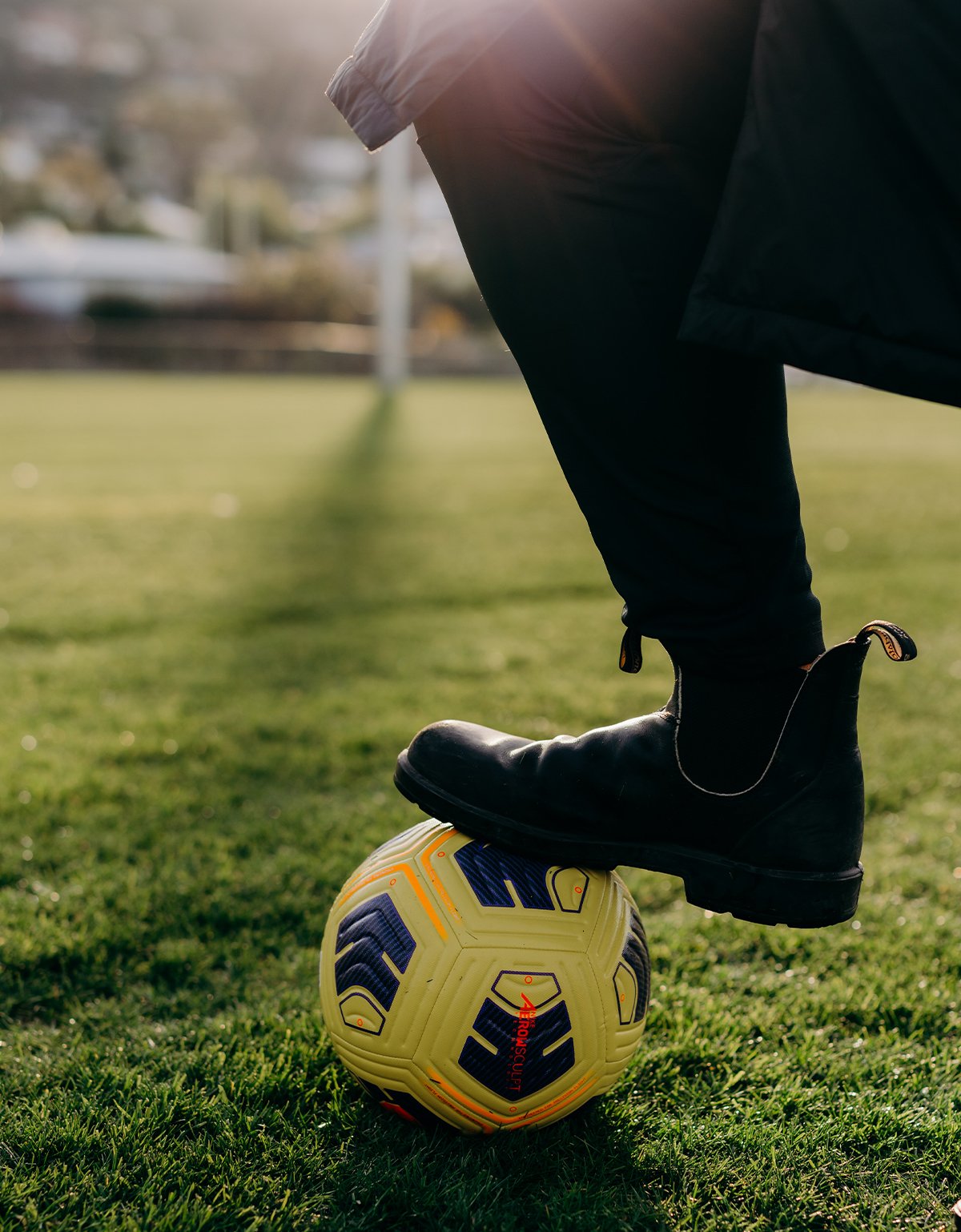
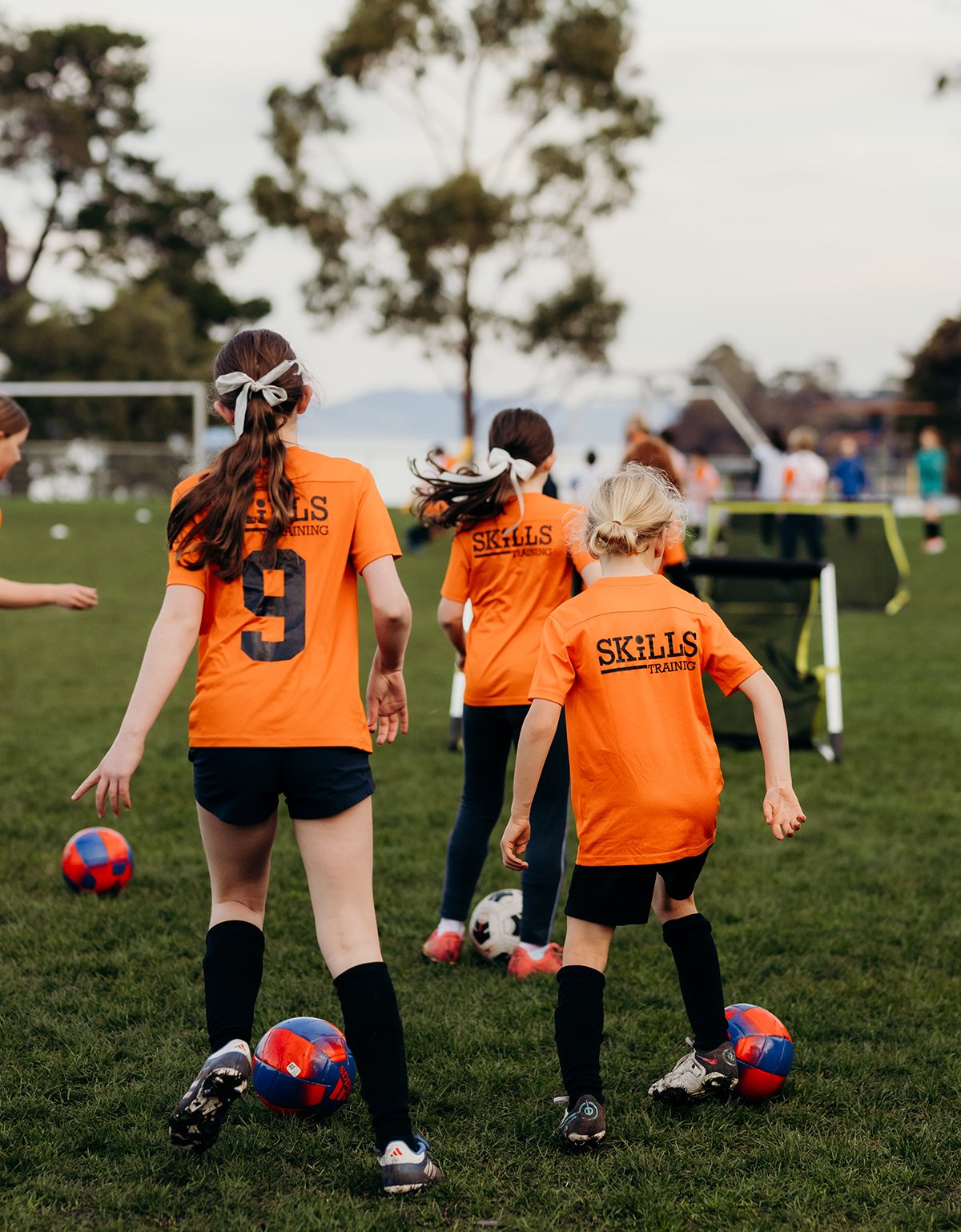
"It’s funny, because we’re in a time where a lot of people are saying it’s really hard to find volunteers, but I reckon we’ve at least doubled our numbers," Holly-Lace says.
“We do a lot of work to break down the volunteer tasks into manageable sizes, and to communicate those tasks well, however we are still learning the best ways. I think the key though is that we have a lot of people who are really positive and have a can-do attitude. They’re authentic, they’re passionate about community and helping young people. When you step into our club, you can feel that the people there are very genuine.”
Holly-Lace is rightly proud of the collective efforts that have helped Taroona Football Club become such a welcoming and accessible space – it’s hard to imagine anywhere outside of Tasmania where players would rock up to the clubhouse wearing Blundstone boots.
But even when she’s fulfilling her other role, as kit manager for the Matildas, Holly-Lace finds a way to uphold her commitment to accessibility and care.
"You have to be professional when you’re working with the national team,” she says. “You have to dress a certain way, you have to behave a certain way, and you have to understand the world stage that you are also representing.”
“At the end of the day though, I love helping other people – I love that football allows me to be compassionate – and I want exactly the same for both Taroona FC and the Matildas. I want the coaches and volunteers to feel as prepared and as calm as they can. I want the players to have a really safe and supportive environment. And I want everyone to enjoy themselves.”
Holly-Lace is one of 8 Tasmanians featured in our Women and Girls in Sport project, created in partnership with our friends in the Department of State Growth's Active Tasmania team.
We worked with southern Tasmanian writer Ruth Dawkins, southern Tasmanian photographer Jess Oakenfull, and southern Tasmanian videographer Bree Sanders for this Tasmanian story.